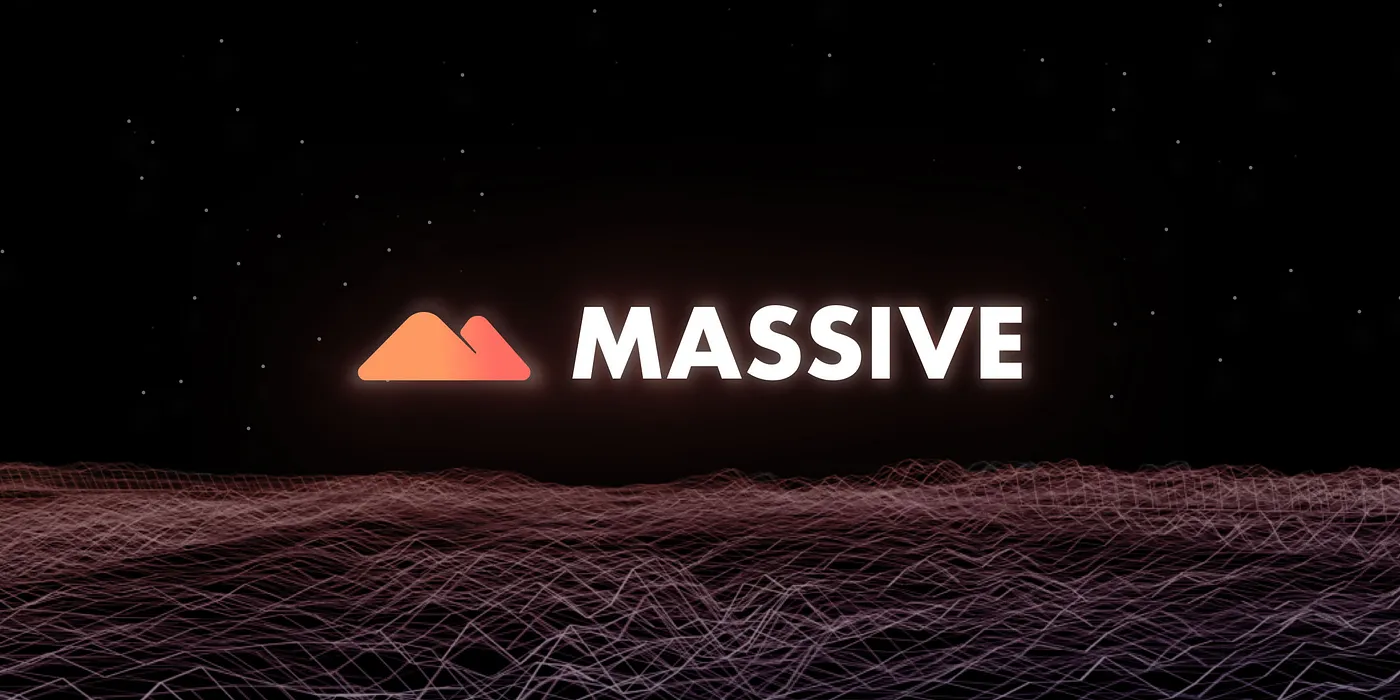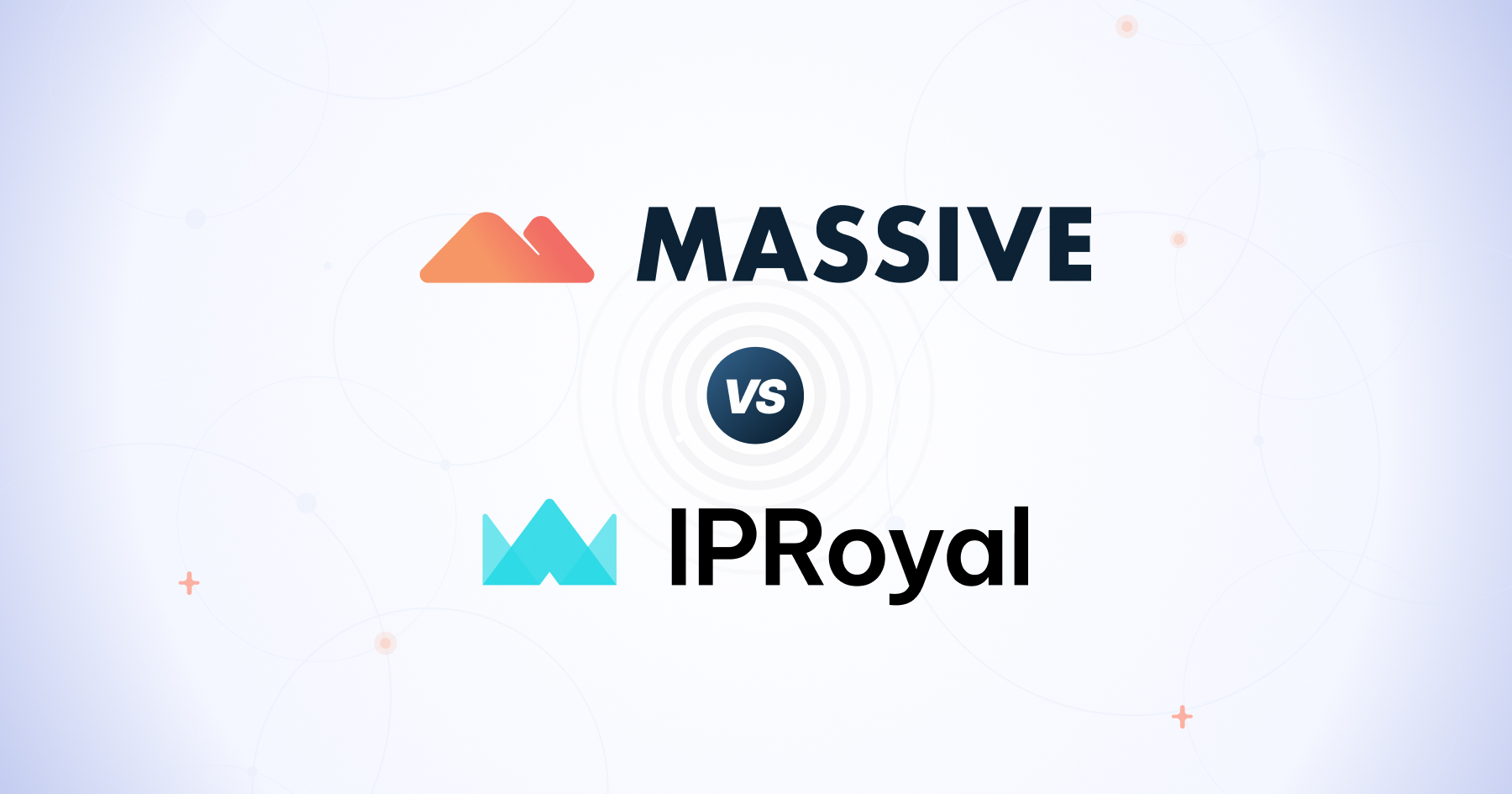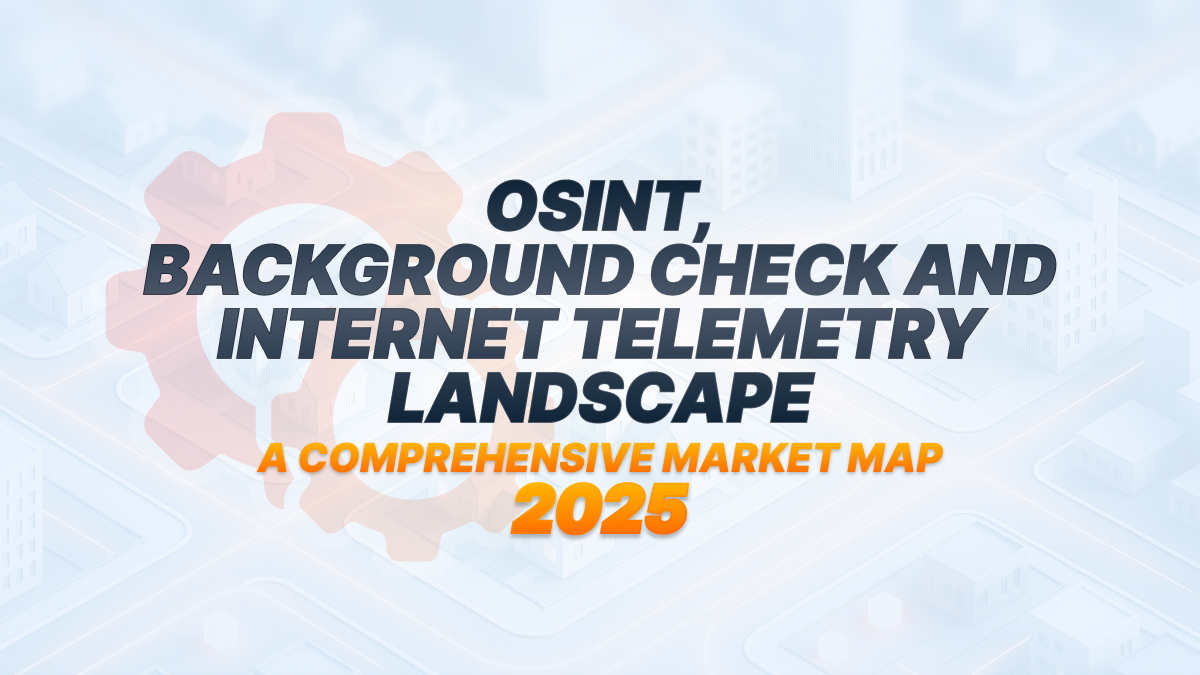When it comes to choosing a proxy service, it depends on what you’re trying to do, whether that’s web scraping, social media management, or even feeding data into an AI model. Two big names in the space right now are Massive and IPRoyal. They each bring different strengths to the table. This article provides a detailed comparison of IP counts, features, pricing, and ethical practices to help you choose the proxy provider that best suits your needs.
TL;DR
Massive is a US-based company that moved into the proxy business in 2024. It is a strong choice for enterprises that prioritize premium performance, verifiable ethical sourcing, and flexible, value-oriented pricing. Its speed and reliability make it ideal for sensitive use cases such as AI/ML data collection.
IPRoyal, on the other hand, is based in Dubai and has been around since 2020. It is a versatile proxy provider known for offering premium proxy services at affordable prices. The service is well-suited for users who need reliable residential and data center proxies for larger-scale tasks at a lower cost.
Massive vs IPRoyal: Head-to-Head Comparison
<table class="GeneratedTable">
<thead>
<tr>
<th>Attribute</th>
<th>Massive</th>
<th>IPRoyal</th>
</tr>
</thead>
<tbody>
<tr>
<td>Ethical sourcing & accreditation</td>
<td>AppEsteem-certified SDK, 100% opt-in</td>
<td>GDPR, CCPA-compliant via Pawns.app with user consent, no AppEsteem certification</td>
</tr>
<tr>
<td>Proxy acquisition model</td>
<td>In-app opt-in SDK</td>
<td>Pawns.app user network for residential, in-house for datacenter/ISP</td>
</tr>
<tr>
<td>Residential IP pool size</td>
<td>1M advertised</td>
<td>32M+ advertised</td>
</tr>
<tr>
<td>Residential success rate</td>
<td>99.87% (US) / 99.66% (Global)</td>
<td>98.83% (US) / 99.56% (Global)</td>
</tr>
<tr>
<td>Residential success rate on Amazon / Google / Instagram</td>
<td>93.85% / 88.29% / 96.29%</td>
<td>82.70% / 66.77% / 74.42%</td>
</tr>
<tr>
<td>Residential response time</td>
<td>0.52 s (US & EU) / 0.92 s (Global)</td>
<td>1.01 s (US) / 1.06 s (Global)</td>
</tr>
<tr>
<td>Residential response time on Amazon / Google / Instagram</td>
<td>3.68 s / 4.56 s / 3.97 s</td>
<td>3.71 s / 5.97 s / 4.60 s</td>
</tr>
<tr>
<td>ISP success rate</td>
<td>100%</td>
<td>94.75%</td>
</tr>
<tr>
<td>ISP success rate on Amazon / Google</td>
<td>98.03% / 100%</td>
<td>60.73% / 86.70%</td>
</tr>
<tr>
<td>ISP response time</td>
<td>0.09 s</td>
<td>0.46 s</td>
</tr>
<tr>
<td>ISP response time on Amazon / Google</td>
<td>2.85 s / 2.13 s</td>
<td>3.28 s / 3.00 s</td>
</tr>
<tr>
<td>Sticky-IP window</td>
<td>1 – 60 min</td>
<td>1 sec – 7 days</td>
</tr>
<tr>
<td>Device filters</td>
<td>Desktop / mobile / TV</td>
<td>—</td>
</tr>
<tr>
<td>PAYG price per GB</td>
<td>$3.99</td>
<td>$3.68</td>
</tr>
<tr>
<td>Billing extras</td>
<td>Traffic rollover</td>
<td>Non-expiring traffic, auto & manual top-up</td>
</tr>
<tr>
<td>Bandwidth rollover</td>
<td>✅ Yes</td>
<td>✅ Yes</td>
</tr>
<tr>
<td>KYC requirements</td>
<td>✅ Optional (restricted targets)</td>
<td>✅ Required</td>
</tr>
<tr>
<td>Usage restrictions</td>
<td>Blocks high-risk & adult content</td>
<td>Legal use only</td>
</tr>
<tr>
<td>Mobile proxy pool</td>
<td>Coming soon</td>
<td>45M</td>
</tr>
<tr>
<td>Other products</td>
<td>SERP API</td>
<td>Proxy tester, browser extensions</td>
</tr>
</tbody>
</table>
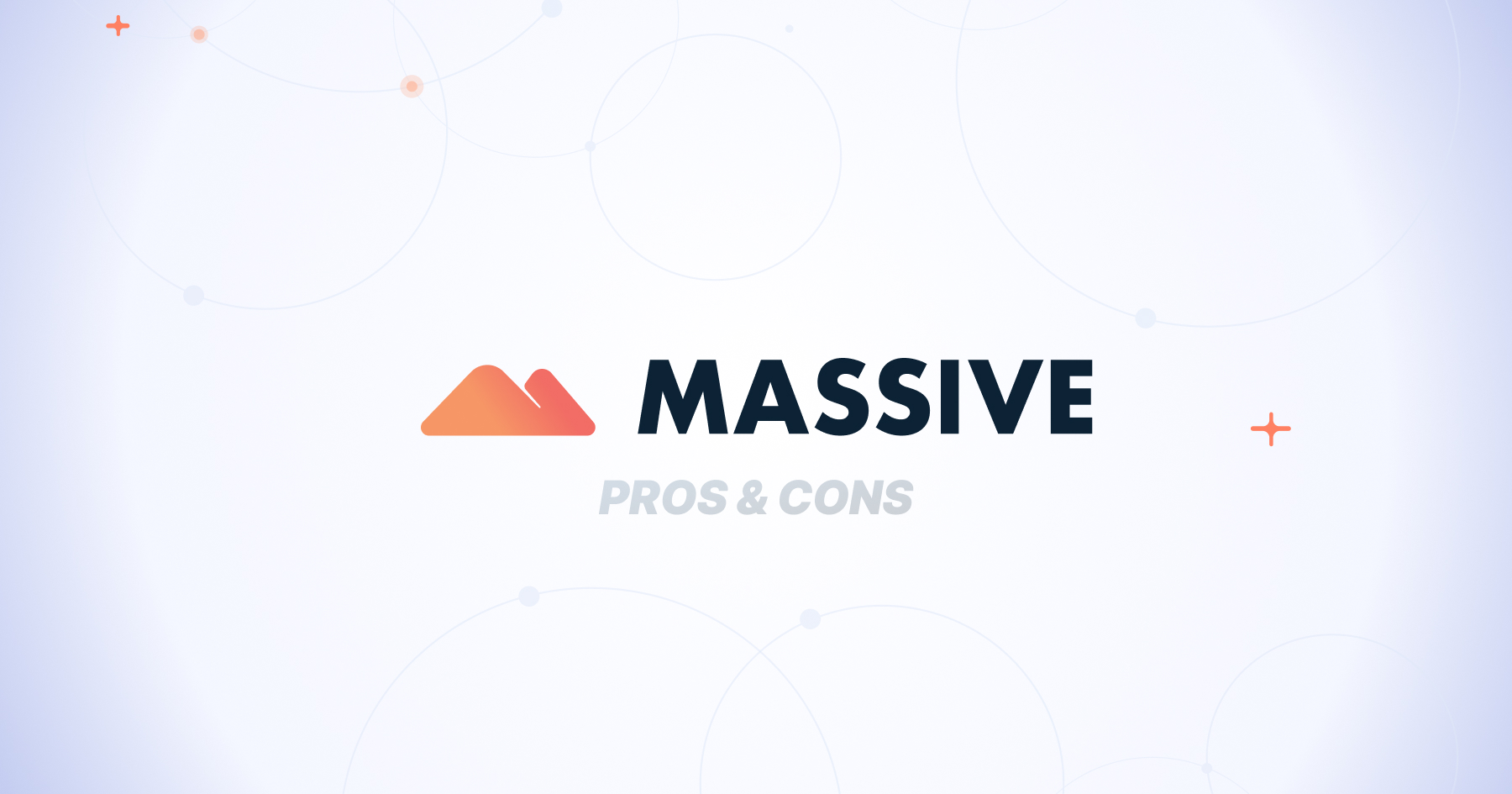
What Are the Pros and Cons of Massive?
✅ Pros
- Ethical & Compliance Certification: AppEsteem-certified network sourced via a proprietary SDK with explicit user consent, ensuring 100% opt-in, third-party-validated proxies.
- Low Latency: Average response times under 0.6s, built for speed and high-throughput scraping.
- High Success Rates: 99.87% success on US targets and 100% ISP proxy performance on Google.
- Value for Money: Highly competitive pricing, flexible pay-as-you-go options, and substantial discounts for high-volume users.
- Bandwidth Rollover: Unused monthly data carries over to the next billing cycle, adding significant value to subscription plans.
❌ Cons
- Smaller IP Pool: Approximately 1 million IPs – smaller than competitors’ networks, which may limit extreme geographic scale.
- Narrow Proxy Offering: Focuses solely on residential and ISP proxies; lacks mobile and datacenter options available from competitors.
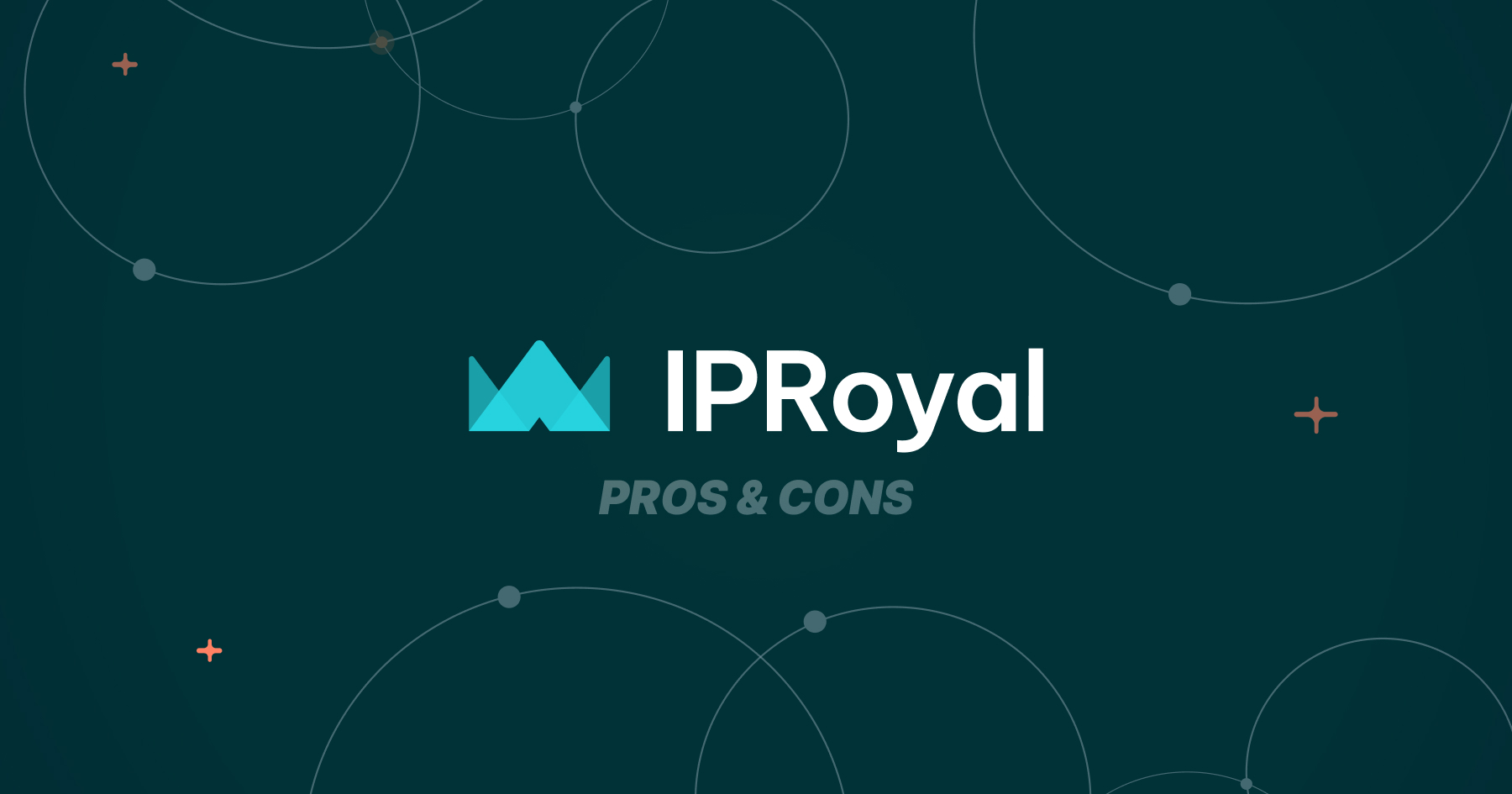
What Are the Pros and Cons of IPRoyal?
✅ Pros
- Large IP Pool: 32M+ residential and 4.5M mobile IPs across 195+ countries, ideal for high anonymity and global coverage.
- Affordable Pricing: Competitive $3.68/GB for residential proxies, $9 for 5 datacenter IPs, with bulk discounts and non-expiring traffic.
- Extensive Integrations: Supports 650+ tools, proxy tester, and browser extensions for seamless workflows.
- Flexible Sticky Sessions: 1-second to 7-day sticky sessions, perfect for tasks requiring consistent IPs.
- Responsive Support: 24/7 multichannel support, highly rated for quick and professional assistance.
❌ Cons
- Lower Performance: Residential proxies (99.56% global success rate, 1.06s and response time) and ISP proxies (94.75% success rate, 0.46s response time) lag behind Massive, especially for high-block targets.
- Restricted Advanced Targeting: ASN and advanced targeting are limited to high-spending users, reducing flexibility for smaller budgets.
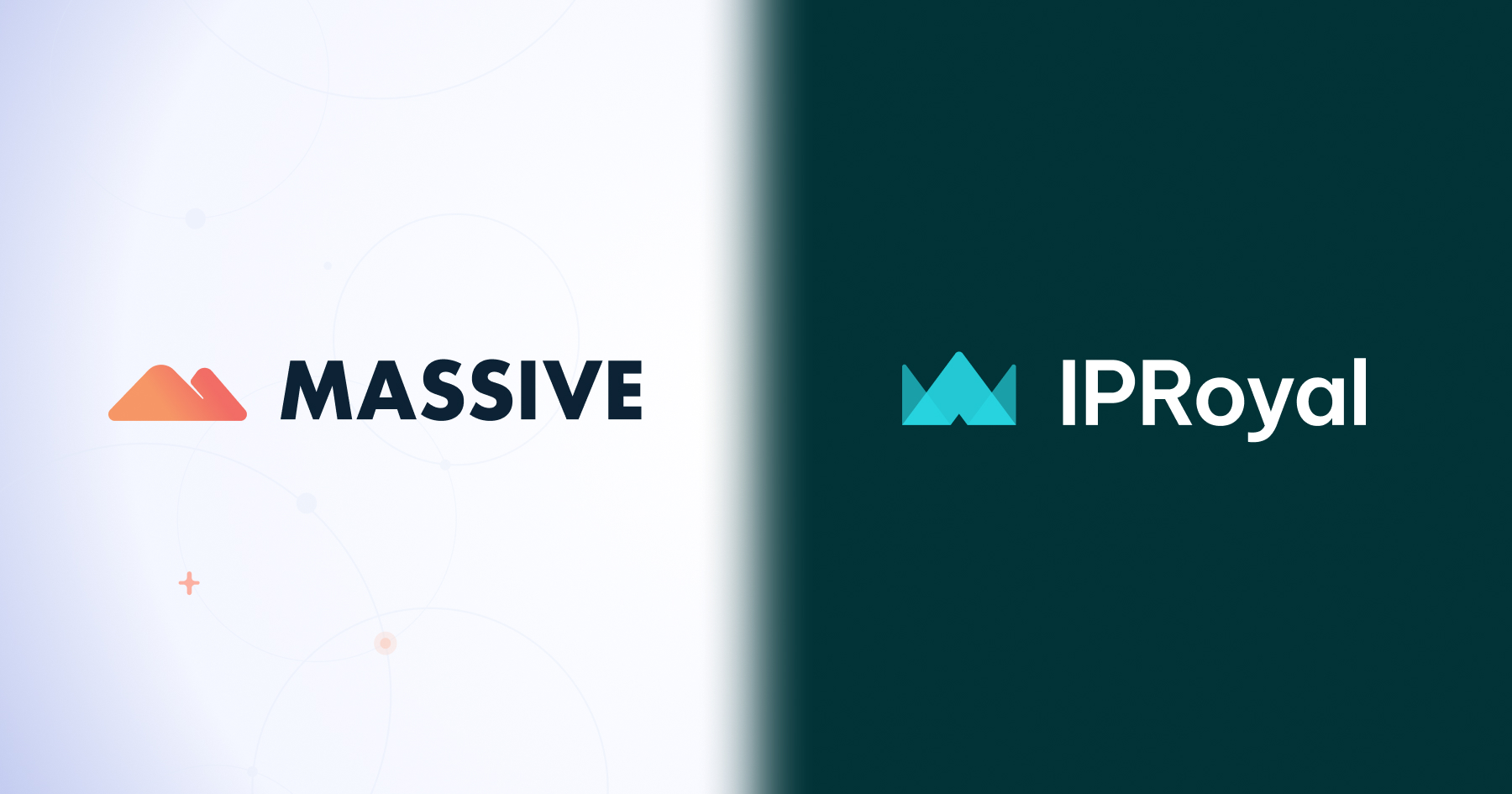
Best For
Massive is Best For Ethical AI/LLM Data Sourcing & Performance-Critical Scraping
Massive is the better choice for users prioritizing performance. Its residential proxies boast higher success rates and faster response times, while its ISP proxies deliver exceptional speed and reliability. It is also best for organizations that need verifiable data provenance for AI/LLM training datasets and cost-efficient, high-throughput scraping for e-commerce monitoring, travel aggregation, and market research.
IPRoyal is Best For Broad Coverage & Affordability
IPRoyal excels in affordability and flexibility, with a larger residential proxy pool, competitive pricing, and extensive integration options. Its ISP proxies cover more locations, but performance lags behind Massive.

I am the co-founder & CEO of Massive. In addition to working on startups, I am a musician, athlete, mentor, event host, and volunteer.
Customer reviews
Frequently Asked Question
Which provider prioritizes ethical sourcing?
+
Massive ensures 100% ethically sourced IPs through AppEsteem certification and a fully opt-in SDK, validated by third parties. IPRoyal emphasizes GDPR/CCPA compliance and ethical partnerships but lacks a specific certification like AppEsteem.
Can I target specific locations or device types with these providers?
+
Both Massive and IPRoyal offer geo-targeting down to city and ZIP code. Massive also supports device-type targeting (e.g., desktop, mobile, smart TV), ideal for tasks like ad verification, while IPRoyal focuses on geographic precision, with ASN targeting for higher-spending users.
Which provider has a larger IP pool?
+
IPRoyal offers a larger pool of 32M residential IPs and datacenter proxies across 50+ countries, ideal for high anonymity. Massive provides a curated pool of ~600,000 daily active residential IPs and 20,000 US ISP IPs, prioritizing quality and compliance.
How do they perform on challenging sites like Amazon and Google?
+
Massive’s ISP proxies excel with a 100% success rate on Google and 98.03% on Amazon, ideal for high-block targets. IPRoyal’s residential proxies perform strongly on Amazon (82.7% success rate, 3.71s response time), but its datacenter proxies lag (e.g., 60.73% on Amazon).
What kind of support do they offer?
+
IPRoyal provides 24/7 multichannel support, praised for its responsiveness, while Massive offers standard support channels but lacks detailed information on availability.
Are there trials or refunds available?
+
Massive offers a 100 MB or 2 GB trial (via partnership manager) and a 3-day refund policy, while IPRoyal provides a 24-hour refund.
